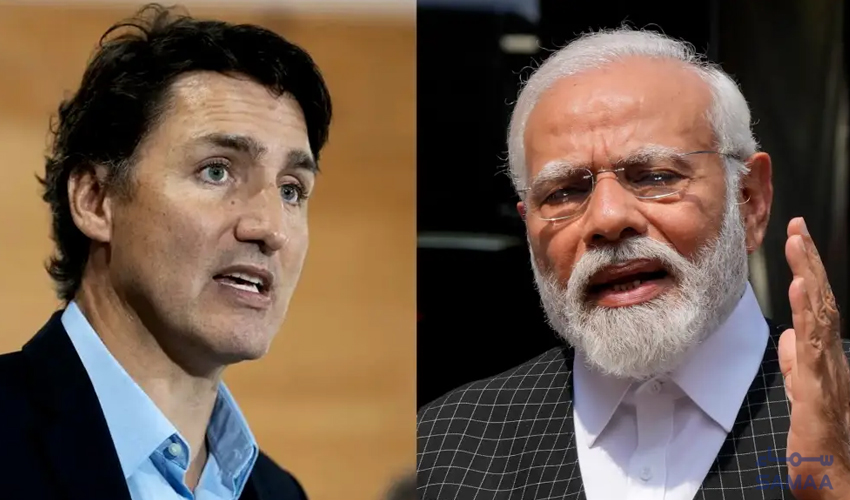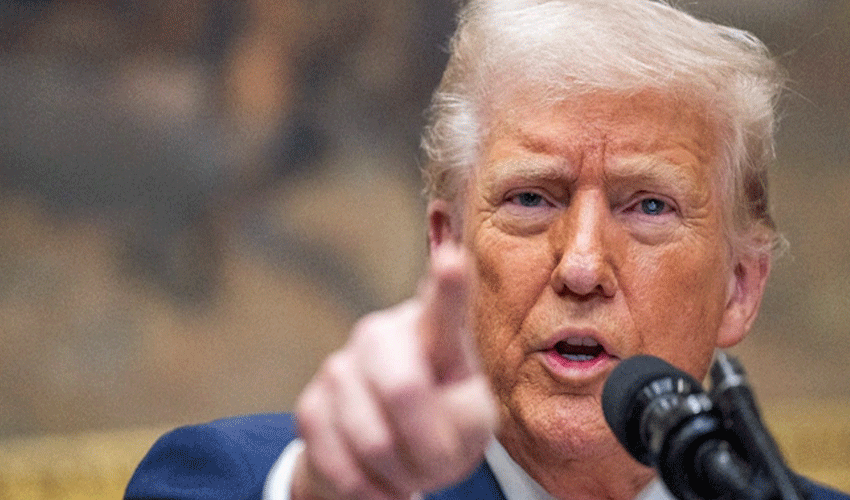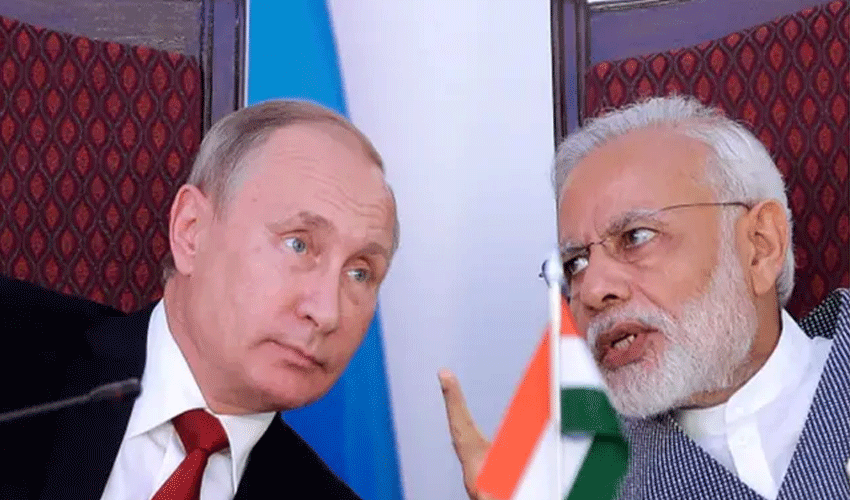Amid escalating diplomatic tensions between India and Canada, both nations have issued travel advisories citing concerns over the ongoing situation and its repercussions. This development has raised anxiety among Indian students studying in Canada and potential applicants considering the nation's promising educational landscape.
Canada has long been regarded as an academic haven and a land of opportunity for many Indian students. However, the recent uptick in diplomatic hostilities has cast uncertainty over the prospects for Indian students in Canada, leaving them and their families in India deeply concerned about their future.
The Ministry of External Affairs has stressed the need for caution among Indian nationals in Canada due to the increasing incidents of anti-India activities, politically motivated hate crimes, and criminal violence within the country. The advisory reassured that the High Commission and Consulates General would maintain constant communication with Canadian authorities to ensure the safety and well-being of the Indian community.
The advisory also acknowledged recent threats against Indian diplomats and members of the Indian community. Consequently, Indian nationals were advised to avoid traveling to regions and venues in Canada where such incidents had occurred.
Indian students in Canada received special attention in the advisory, emphasizing the importance of their exercising extreme caution and vigilance. The advisory strongly encouraged Indian nationals and students to register with the High Commission of India in Ottawa or the Consulates General of India in Toronto and Vancouver through their respective websites or the MADAD portal at madad.gov.in. This registration process aims to facilitate better communication between diplomatic missions and Indian citizens in Canada, especially during emergencies.
The diplomatic standoff began when Canadian Prime Minister Justin Trudeau made unprecedented allegations last week in the House of Commons, linking the June murder of pro-Khalistan extremist Hardeep Singh Nijjar in British Columbia to alleged Indian agents. In response, Foreign Minister Melanie Joly announced the expulsion of an Indian diplomat from the High Commission of India in Ottawa, revealing his role as the head of India's Research and Analysis Wing (R&AW). India reciprocated by expelling a senior Canadian diplomat, who was given five days to leave Indian soil.



























